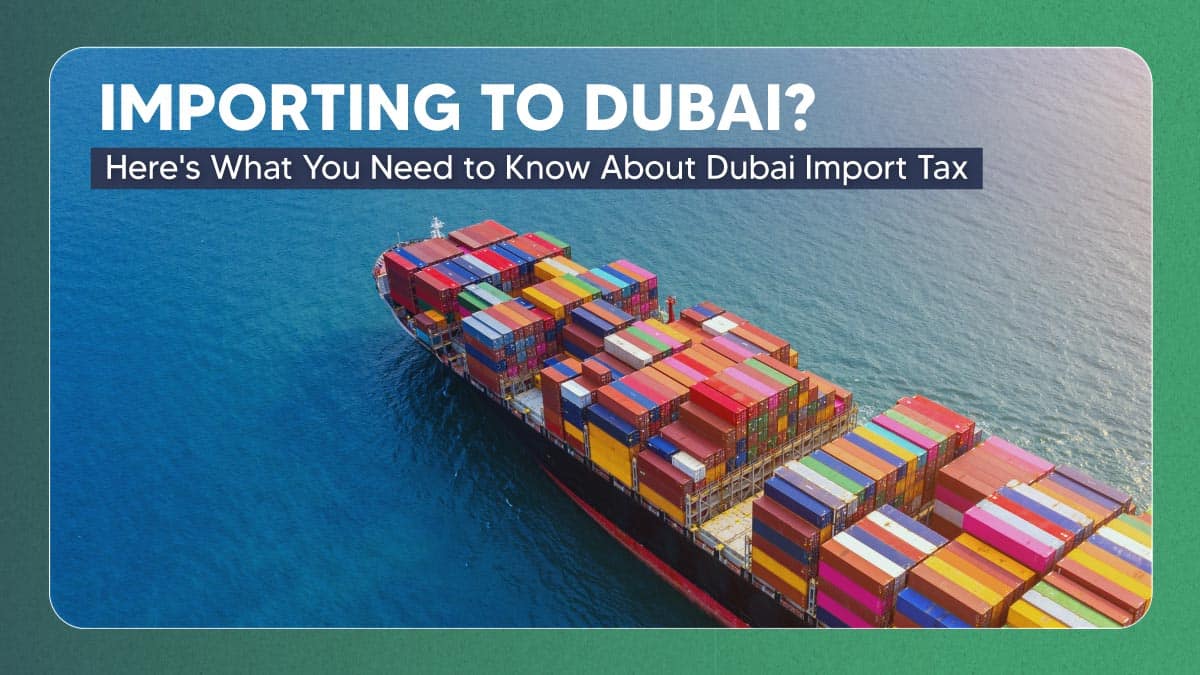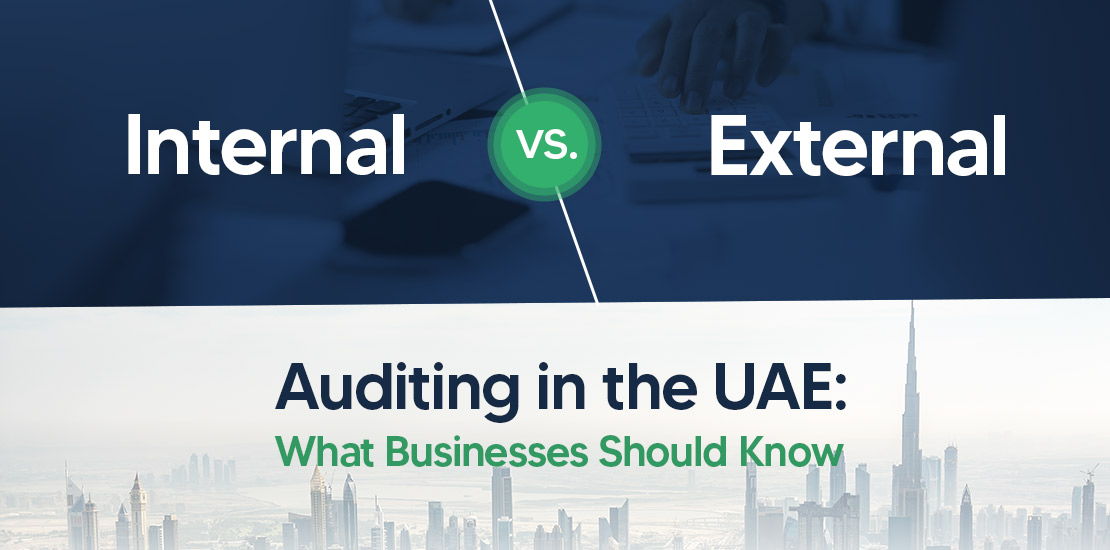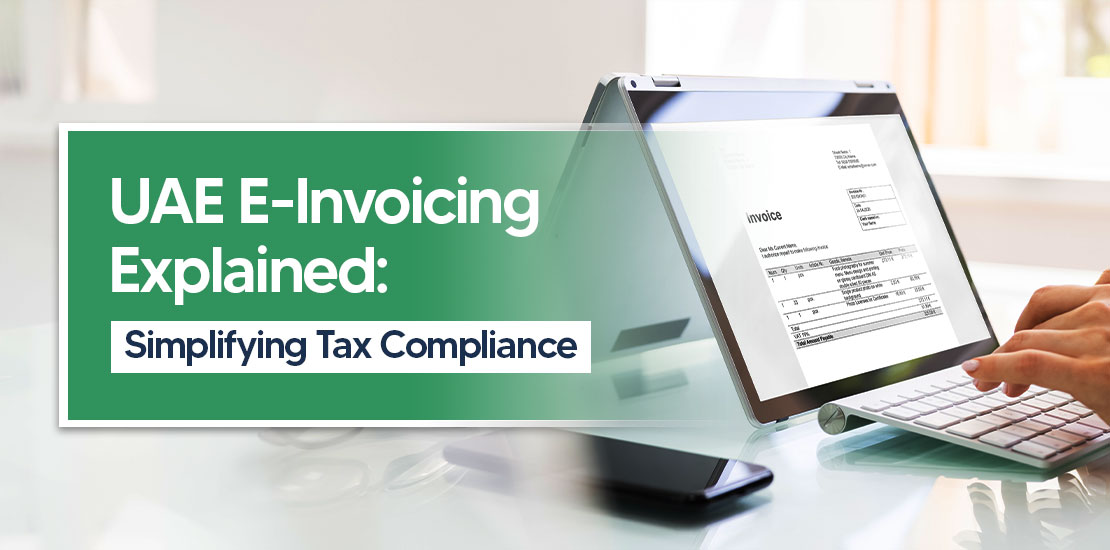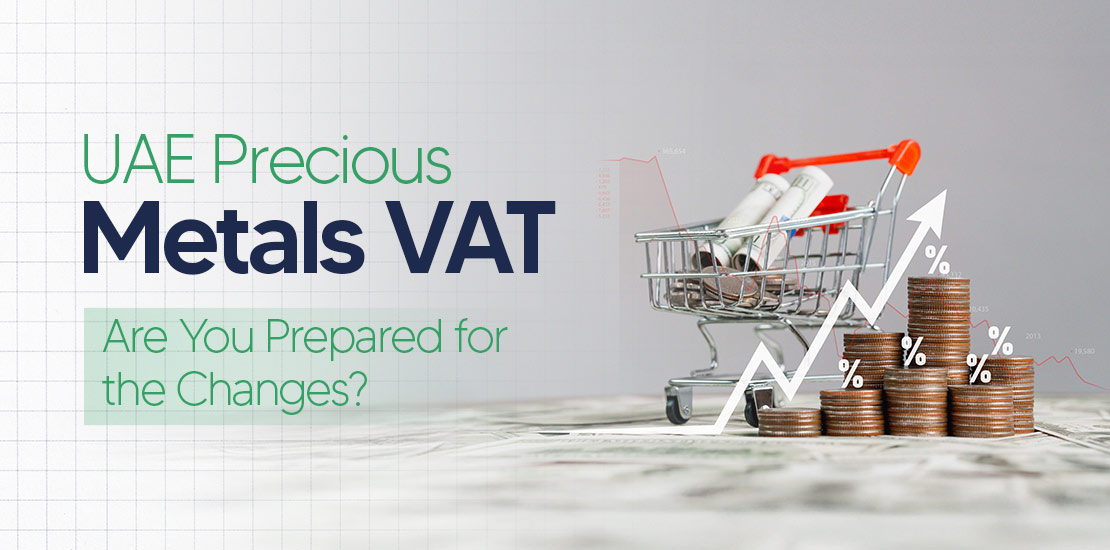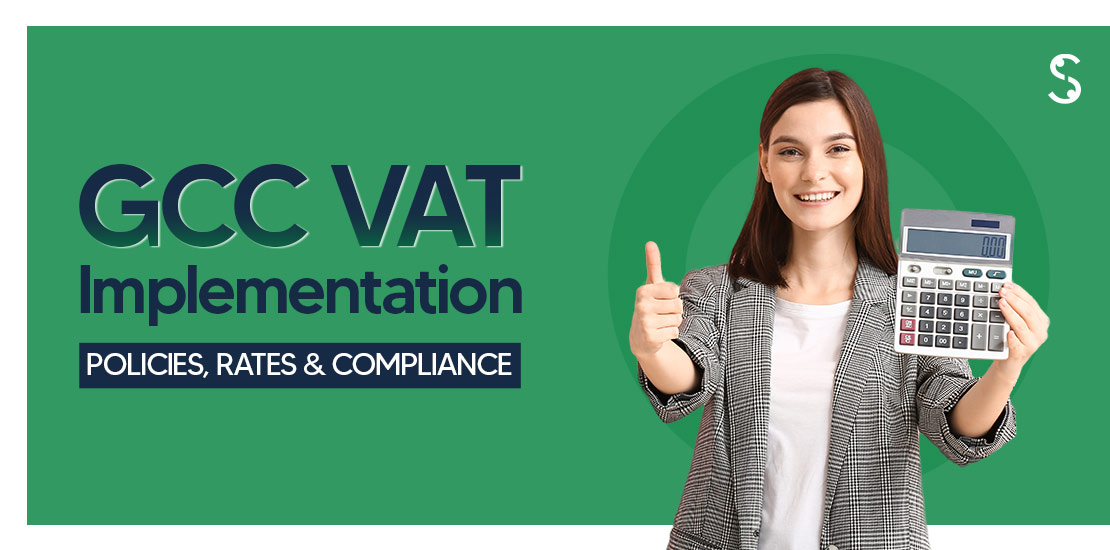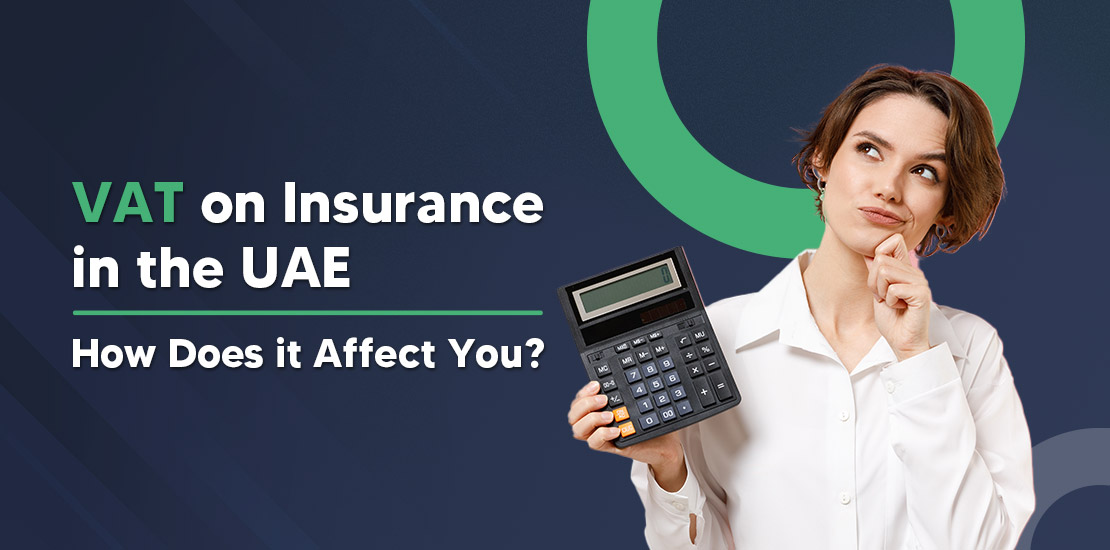Table of Contents
- What is Dubai Import Tax?
- Types of Taxes Applicable to Imports in Dubai
- General Import Duty Rate in Dubai
- How Import Duties are Calculated in Dubai?
- Dubai Import Tax Payment Process
- Exceptions to the General Import Duty Rate
- Import Tax Exemptions in Dubai
- Goods and Categories Exempt from Dubai Import Tax or VAT
- How to Claim for Import Tax Exemption in Dubai, UAE?
- Documents Required for Importing Goods to Dubai
Dubai is one of the world’s top trade hubs, connecting businesses from all over the globe. Thanks to its strategic location, advanced ports, and strong infrastructure, Dubai plays a major role in international trade. In fact, Dubai’s total non-oil trade in 2023 was over AED 1.2 trillion, making it a prime destination for businesses looking to import goods.
If you’re running a business in Dubai or planning to import goods into the city, understanding import taxes is essential. Dubai import tax system primarily revolves around two key components – Customs Duty & Value Added Tax (VAT). This essentially means the tax is applied to the total value of your goods, including their cost, insurance during transport, and freight charges.
Taxes like customs duties and VAT (Value Added Tax) can affect your costs, pricing, and overall profitability. If you’re an importer or just starting out in the world of international trade, having a solid understanding of Dubai’s import tax regulations can help you understand the market more effectively and make informed decisions for your business.
What is Dubai Import Tax?
Import tax refers to the charges imposed by the government on goods brought into a country. Dubai import tax includes customs duties and Value Added Tax (VAT), which are levied on goods entering the emirate. These taxes are collected by Dubai Customs, the government agency responsible for regulating imports and ensuring compliance with trade laws.
Types of Taxes Applicable to Imports in Dubai
Dubai’s import tax system involves three main charges handled by the Dubai Customs department:
1. Customs Duties
Customs duties are taxes imposed on imported goods. In Dubai, the standard customs duty rate is 5% of the value of the goods, though rates can vary depending on the type of product. Certain goods, like alcohol or tobacco, may attract higher duties, while others may be exempt.
2. VAT (Value Added Tax)
VAT is a 5% tax applied to most goods and services in the UAE, including imported products. This tax is added to the value of the imported goods when they enter the country. Businesses importing goods must pay VAT at the point of entry but can reclaim the tax if they are VAT-registered and the goods are used for business purposes.
3. Excise Tax
In addition to customs duties and VAT, certain goods such as tobacco, sugary drinks, and energy drinks are subject to excise tax. This tax is meant to discourage the consumption of these products for health and environmental reasons and can significantly increase the cost of importing them.
General Import Duty Rate in Dubai
Customs duties, or import taxes, are fees levied by the government on goods imported into a country. The general import duty rate in Dubai is 5%. This is applied to the CIF value of the imported goods. CIF (Cost, Insurance, and Freight) value refers to the total landed cost of the imported goods. It includes three components:
- Cost: The price you pay for the goods themselves to the seller.
- Insurance: The cost of insuring the goods during transport from the seller to Dubai.
- Freight: The cost of transporting the goods from the seller’s location to Dubai, including any loading and unloading charges.
Essentially, the 5% import duty is calculated based on the total cost of acquiring and bringing the goods to Dubai, which takes into account the initial purchase price, insurance, and transportation expenses.
How Import Duties are Calculated in Dubai?
Here’s the formula to calculate the total Dubai import tax:
Total Import Tax = Customs Duty + VAT
Customs Duty = CIF value x Customs Duty Rate (e.g., 5%)
VAT = (CIF value + Customs Duty) x VAT Rate (e.g., 5%)
For example, you’re importing a shirt with a CIF value of AED 100 from a country that doesn’t have a special trade agreement with the UAE. Here’s how the import taxes would apply:
Customs Duty: AED 5 (5% of AED 100)
VAT: AED 5.25 (5% of AED 105, which includes the AED 5 customs duty)
Total Import Tax: AED 10.25
If the imported goods originate from a country with a free trade agreement with the UAE, a reduced or zero customs duty rate might apply.
Dubai Import Tax Payment Process
Paying import tax in Dubai involves a clear and structured process managed by Dubai Customs. Businesses must ensure that taxes are paid on time to avoid delays, penalties, or legal consequences. Here’s a step-by-step payment process:
1. Register with Dubai Customs
Businesses must first register with Dubai Customs and obtain a customs code. This is a mandatory requirement to import goods into Dubai. Registration can be completed online through the Dubai Trade Portal.
2. Prepare and Submit Import Declaration
Submit an import declaration for the goods through the Dubai Trade Portal or at customs offices. The declaration must include details such as the type of goods, their value, and relevant shipping information. Attach all required documents, including:
- Commercial invoice
- Packing list
- Bill of lading/airway bill
- Certificate of origin
3. Calculation of Import Taxes and Duties
Customs will review the import declaration and calculate the applicable customs duty (usually 5%) and VAT (5%) based on the declared value of the goods (Customs Value). If any exemptions apply, these must be documented and verified at this stage.
4. Pay the Import Taxes
After calculation, the business must pay the applicable taxes and duties. Payments can be made online through the Dubai Trade Portal or at Dubai Customs’ designated payment counters.
5. Receive Clearance and Release of Goods
Once payment is confirmed, customs clearance will be granted. The goods can then be collected or delivered to their destination.
Exceptions to the General Import Duty Rate
There are several exceptions to this general import duty rate in Dubai, including:
1. Excise Goods
These are specific products considered harmful or luxurious, and they are subject to a higher tax rate than the general rate. This additional tax is called excise tax, and it’s levied on top of any applicable customs duty and VAT. Here are some examples of excise goods and their typical excise tax rates:
- Tobacco Products (including cigarettes): 100%
- Energy Drinks: 50%
It’s essential to note that these are just examples, and the specific excise tax rate can vary depending on the product category.
2. Specific Goods with Different Duty Rates
Certain goods have pre-defined customs duty rates that deviate from the general 5%. For example:
- Alcohol: 50% customs duty rate.
3. Free Trade Agreements (FTAs)
Dubai has Free Trade Agreements with many countries. These agreements often involve reduced or eliminated customs duties in the UAE for goods originating from those partner countries. This promotes trade and strengthens economic ties between Dubai and its FTA partners.
For instance, if you’re importing a garment from a country with a relevant FTA, the import duty might be lower than the general 5% rate, or even zero in some cases.
Import Tax Exemptions in Dubai
Free Trade Agreements are the most significant way to achieve lower or zero import duties in the UAE. There might also be exemptions, or duty guarantees for specific situations like importing goods for exhibitions or re-export purposes. However, these typically involve procedures and guarantees to ensure the goods eventually leave the country.
Dubai Customs allows exemptions for used personal effects and household items brought in by returning residents or newcomers. There are conditions to meet, such as proof of residency and quantities appropriate for furnishing a house.
Most goods imported into Dubai’s Free Zones are exempt from customs duties, provided they are used within the Free Zone or re-exported to other markets. This exemption can significantly lower the cost of doing business for companies importing goods for storage, processing, or redistribution within the zone.
Goods and Categories Exempt from Dubai Import Tax or VAT
1. Basic Food Items
Many basic food products, such as rice, bread, vegetables, fruits, and grains, are exempt from customs duties in Dubai. This is part of the government’s effort to ensure affordable access to essential goods for residents and businesses. However, there may be exceptions, so it is important to check the classification of specific items.
2. Medicines and Medical Equipment
Essential medicines and medical supplies are often exempt from both customs duties and VAT. These exemptions support Dubai’s healthcare system and facilitate the import of critical health-related goods. However, certain medical equipment may require specific certifications or approvals before being imported.
3. Books, Educational Materials, and Publications
Educational materials, such as books, scientific journals, and other publications, are generally exempt from VAT in Dubai. This exemption encourages the importation of educational resources and supports the growth of the education sector.
4. Relief Supplies and Donations
Goods that are imported for charitable or relief purposes are often exempt from taxes. This includes products sent by humanitarian organizations or in response to crises, such as food, clothing, and medical aid.
How to Claim for Import Tax Exemption in Dubai, UAE?
The procedure for claiming import tax exemption in Dubai depends on the reason for the exemption.
1. Importing Personal Effects and Household Items
This applies to nationals returning to Dubai or foreigners coming to reside in Dubai for the first time.
You will need to submit the following documents at customs:
- A packing list detailing the contents of the shipment
- Proof of residence abroad for nationals
- Proof of work and residency visa for foreigners
2. Importing Industrial Inputs (Machinery, Equipment, and Raw Materials)
This applies to businesses registered in the UAE. You will need to apply online through the Ministry of Industry and Advanced Technology (MoIAT) e-services platform. The process involves:
- Registering or logging in to the platform
- Completing the Customs Exemption Request Form
- Paying any applicable fees
- Downloading a copy of the application for your customs declaration
In some cases, you can claim a refund or drawback on import duties in the UAE if they were overcharged due to errors in classification, valuation, or calculation of the duty. This typically involves a process of filing a claim with the customs authorities within a specific timeframe.
Documents Required for Importing Goods to Dubai
Proper documentation is essential for a smooth import process, avoiding delays, fines, or legal issues. Here are some key documents typically required for importing goods to Dubai:
1. Commercial Invoice:
- Description of the goods
- Quantity and unit price
- Total value of the shipment
- Details of the buyer and seller
2. Packing List:
- Number of packages
- Weight and dimensions of each package
- Content descriptions
3. Bill of Lading or Airway Bill:
- Shipment details
- Port of loading and discharge
- Carrier information
- Terms of transport
4. Certificate of Origin:
Issued by the exporter’s chamber of commerce, this certificate specifies the country of origin of the goods.
5. Customs Code:
All importers must register with Dubai Customs and obtain a customs code. This unique identification number is used for customs transactions and clearance.
6. Insurance Certificate:
This document proves that the shipment is insured during transit.
7. Sales Agreement or Purchase Order:
While not always mandatory, this document can help verify the transaction details between the importer and exporter, especially in cases of disputes.
8. VAT Registration Certificate:
If your business is VAT-registered, you may need to provide your VAT registration certificate to claim input tax credits on imported goods.
Ensure all documents are translated into Arabic (if required) or accompanied by certified translations. Work with a professional at Shuraa Business Setup if you are unsure about compliance requirements.
Let Shuraa Tax Be Your Guide!
Importing goods into Dubai can be a great business opportunity, but understanding the Dubai import tax system is crucial for smooth operations and accurate cost calculations
Shuraa Tax is here to simplify your UAE taxation journey. Our team of knowledgeable and qualified accountants, auditors, and tax advisors can provide comprehensive assistance with Dubai import tax, UAE VAT, tax management auditing, and accounting services across various Emirates.
Contact Shuraa Tax today and let us handle the complexities, so you can focus on your business growth. Get in touch today at +971508912062. You can also drop us an email at info@shuraatax.com.



